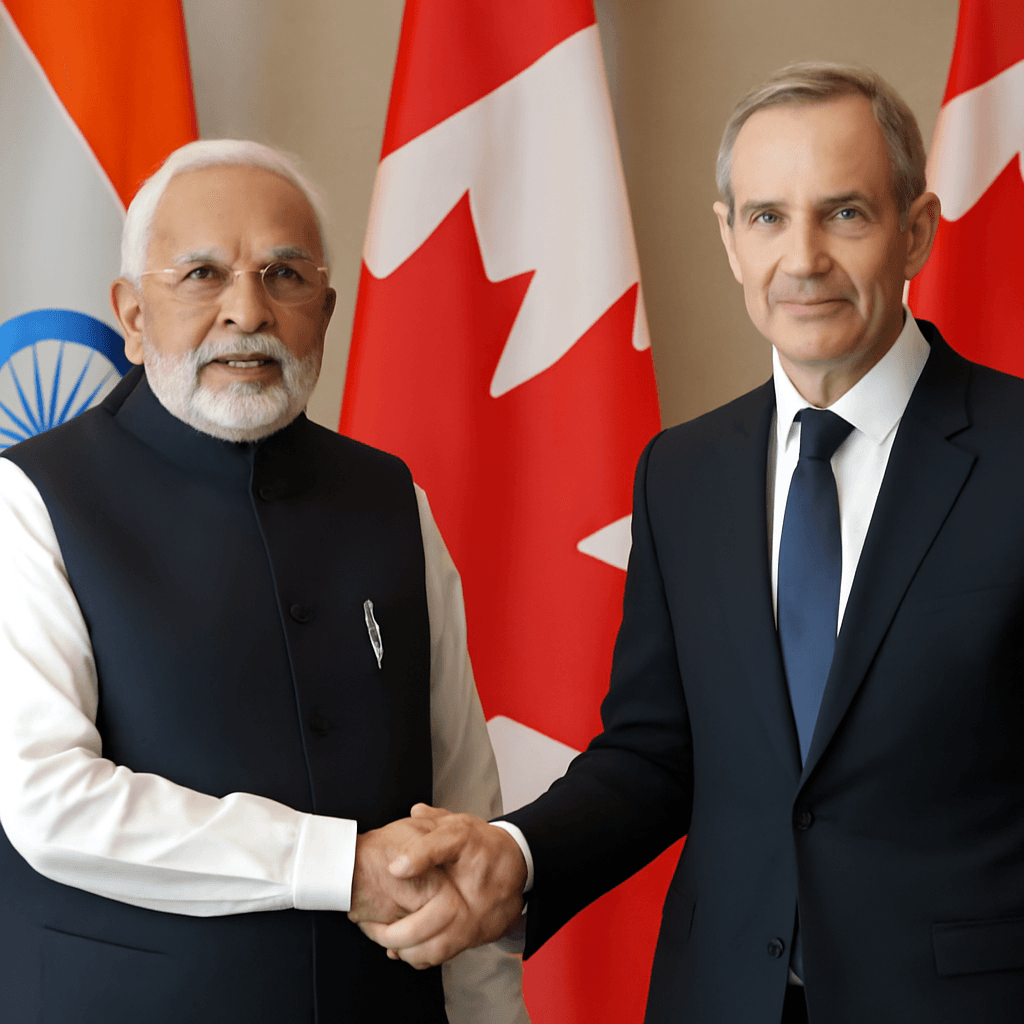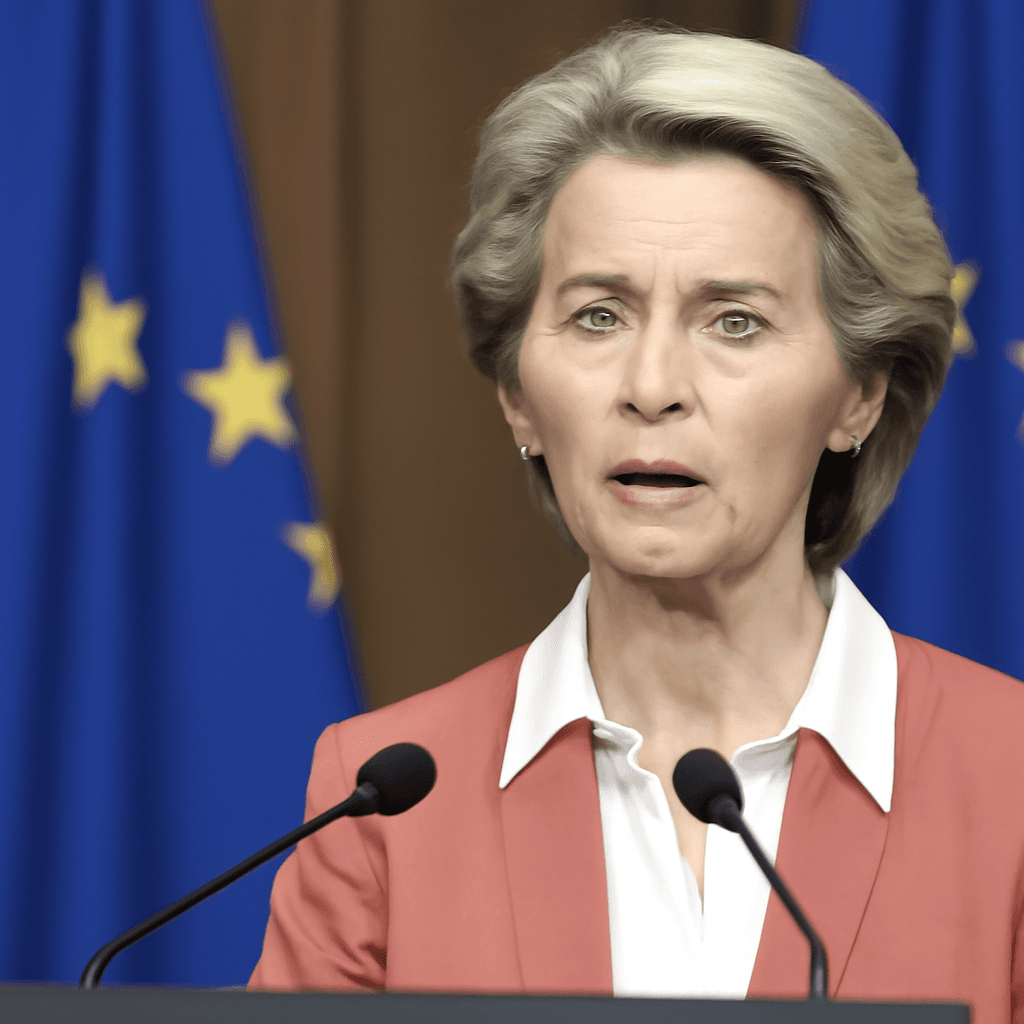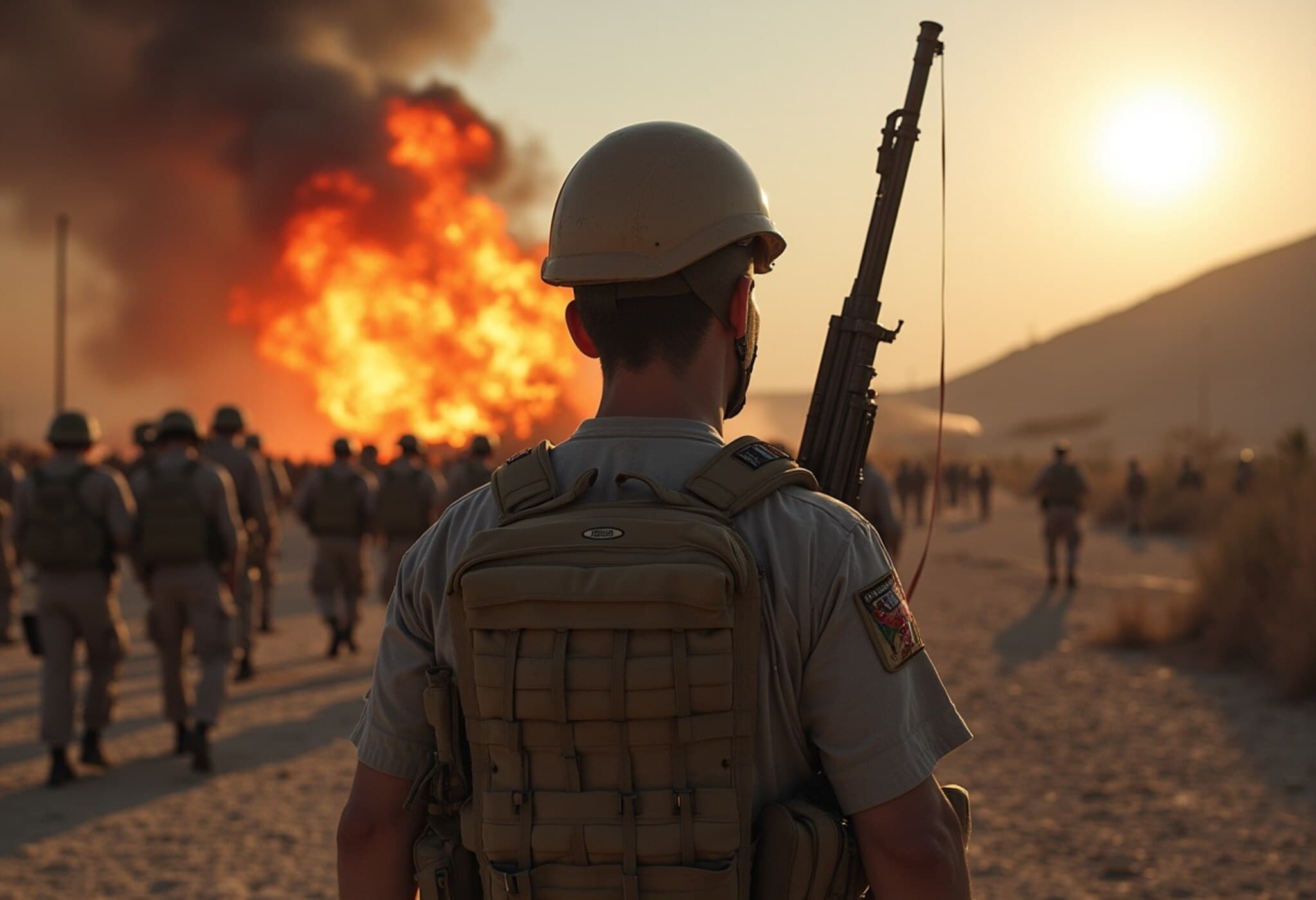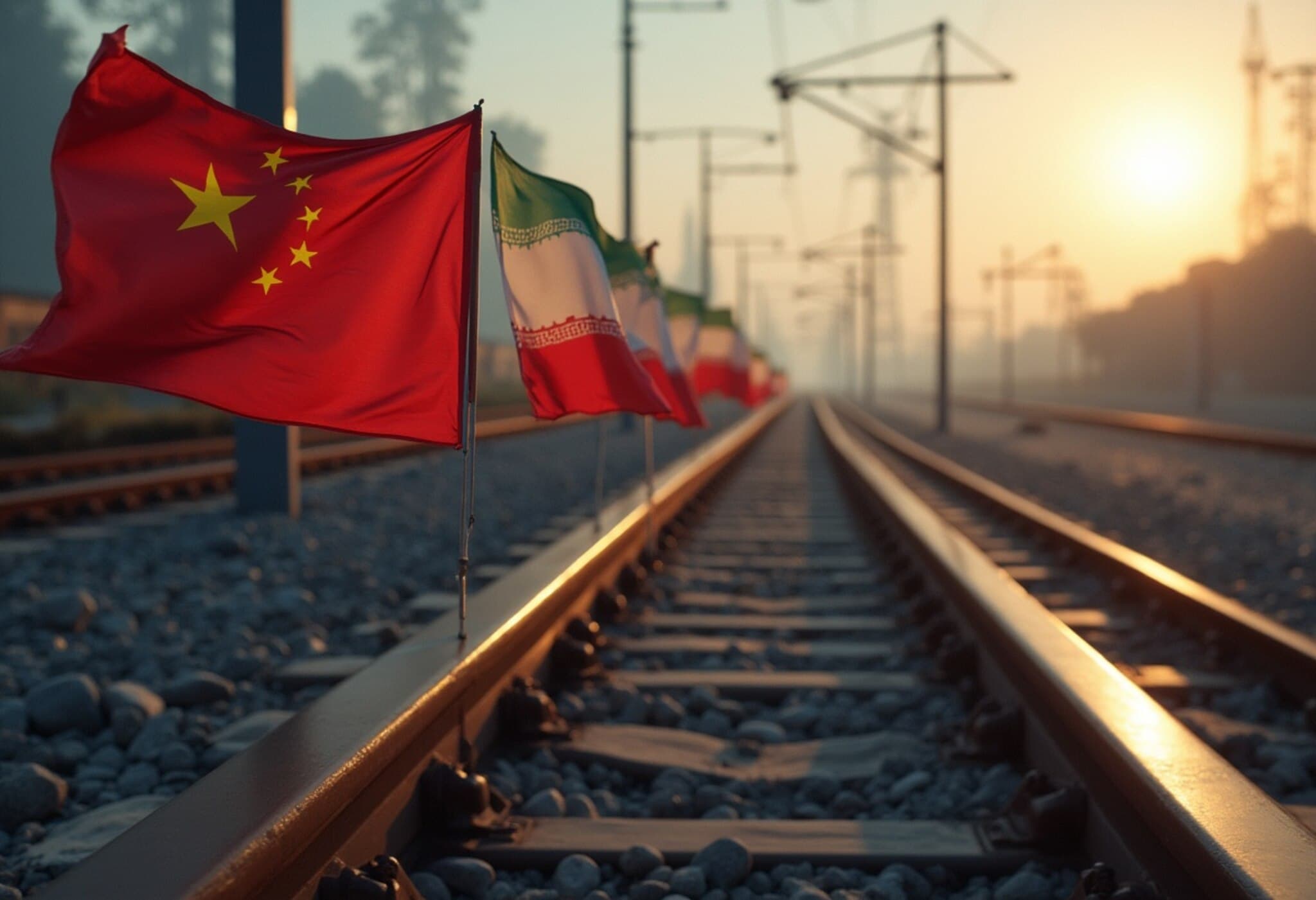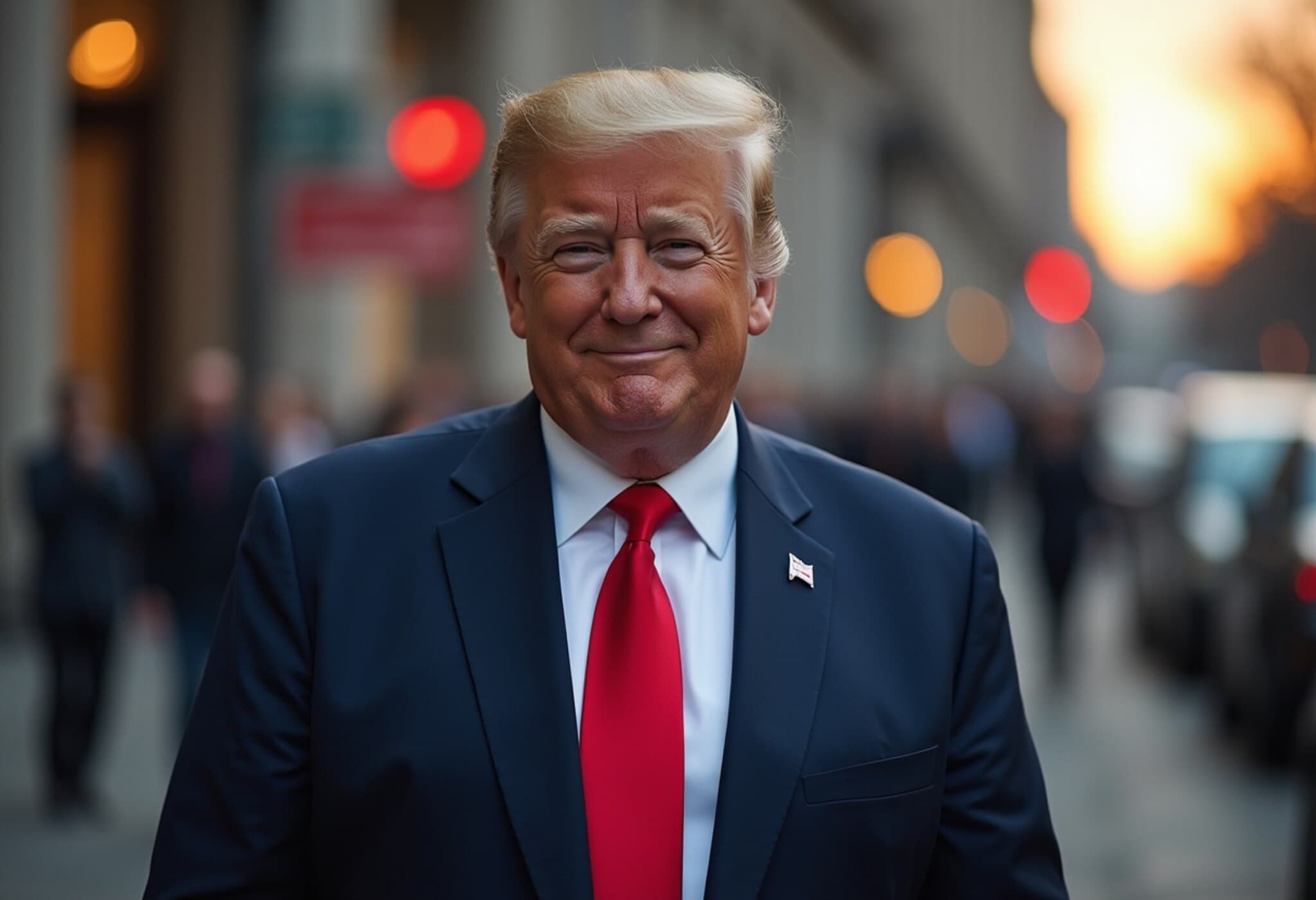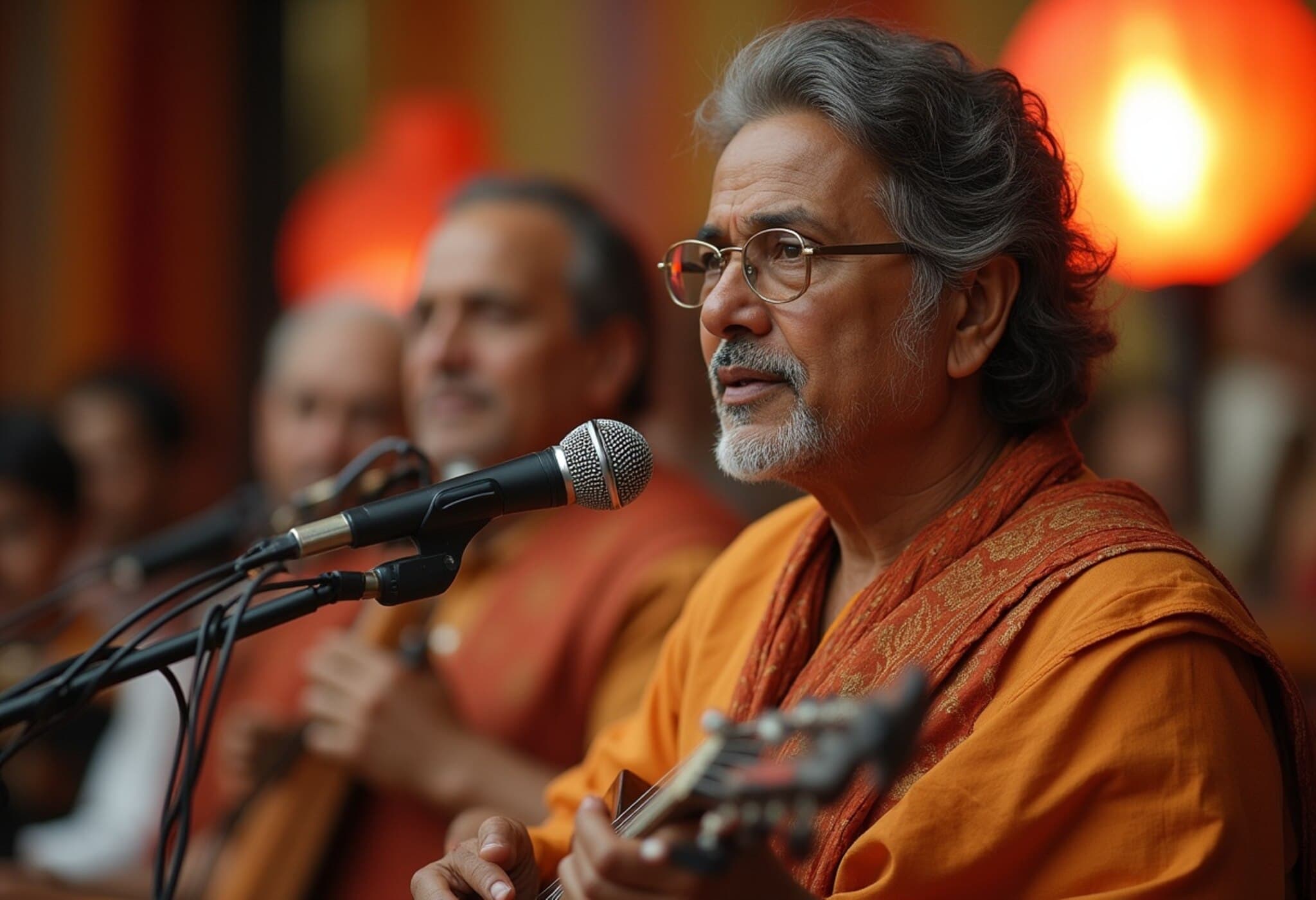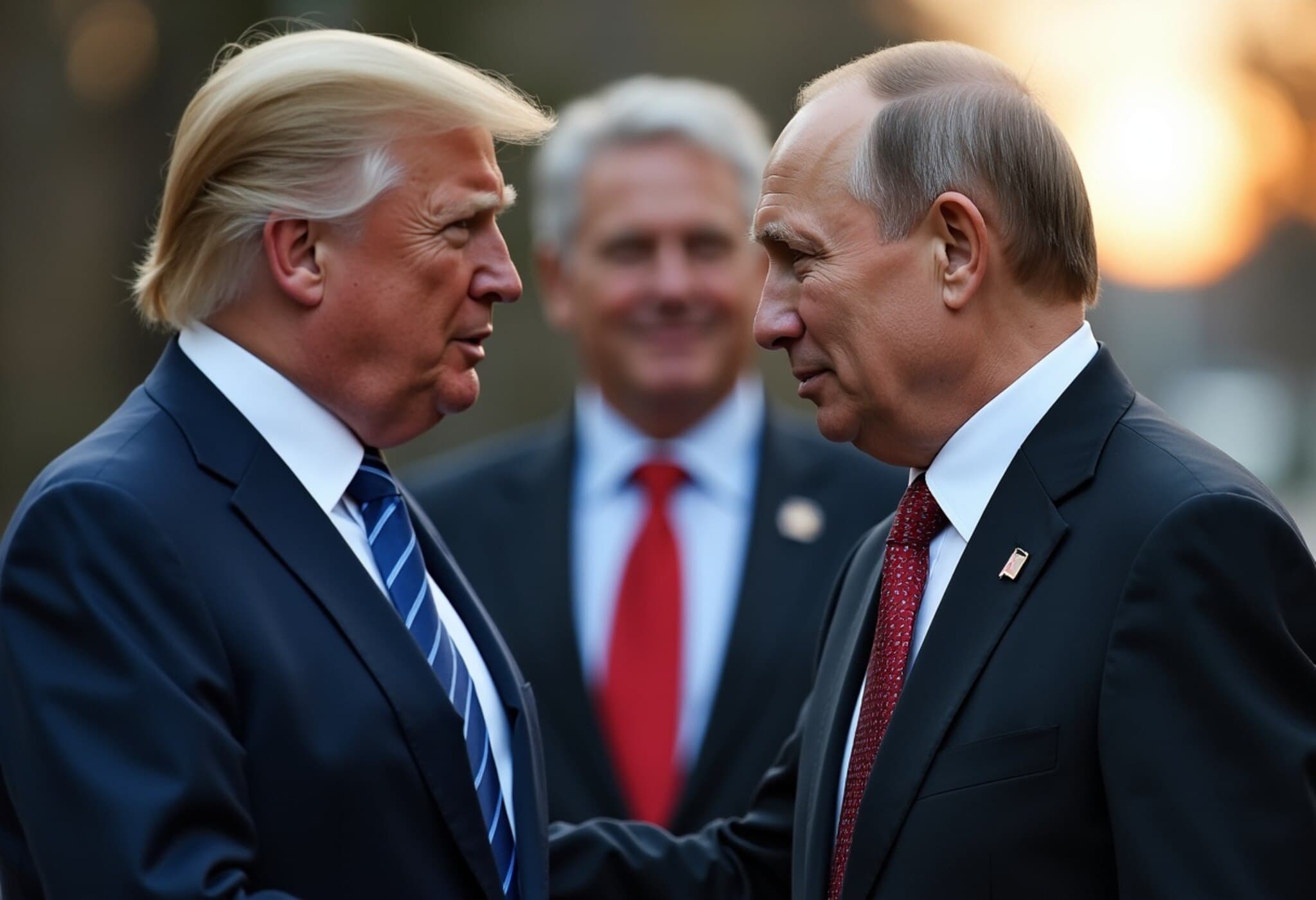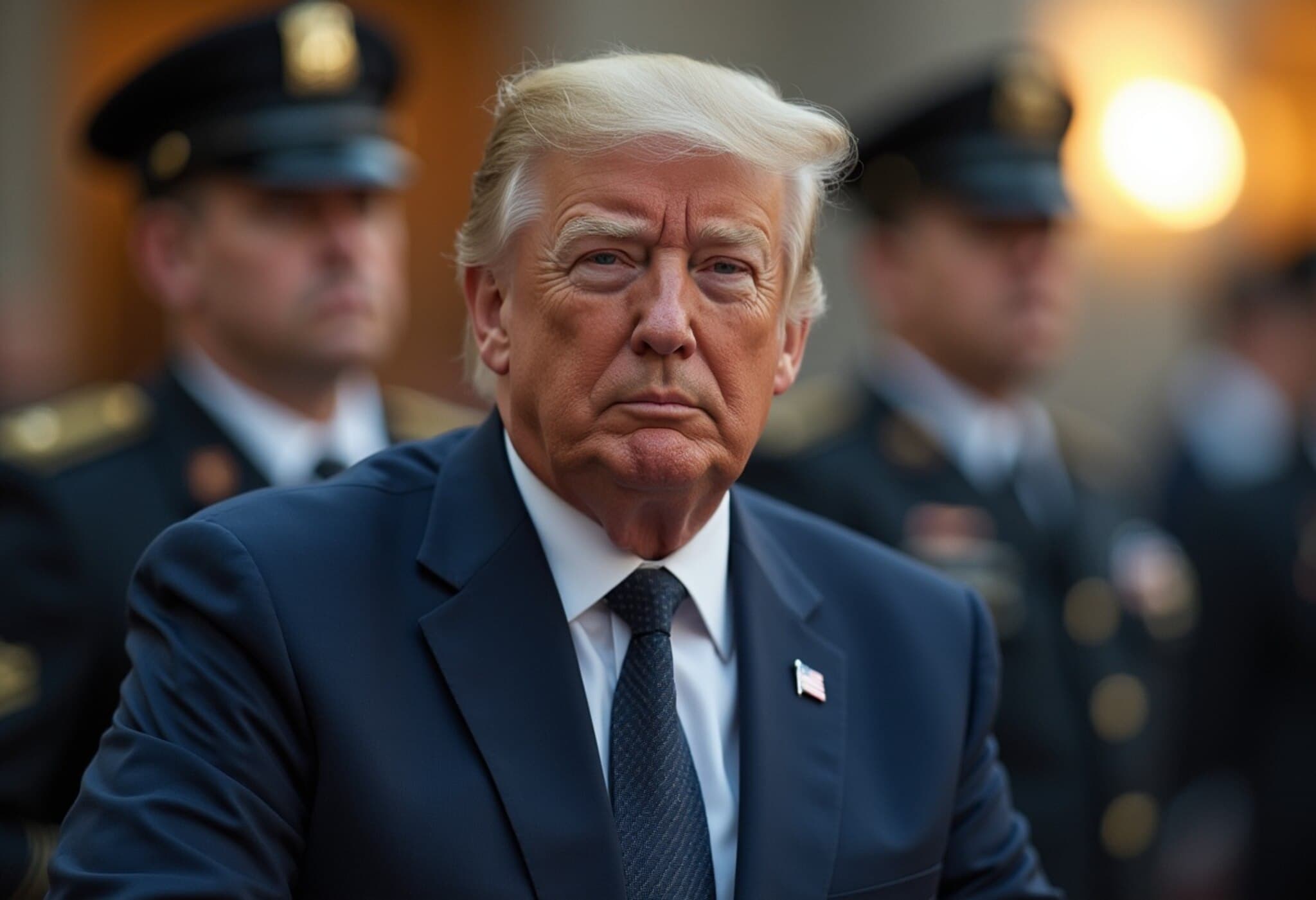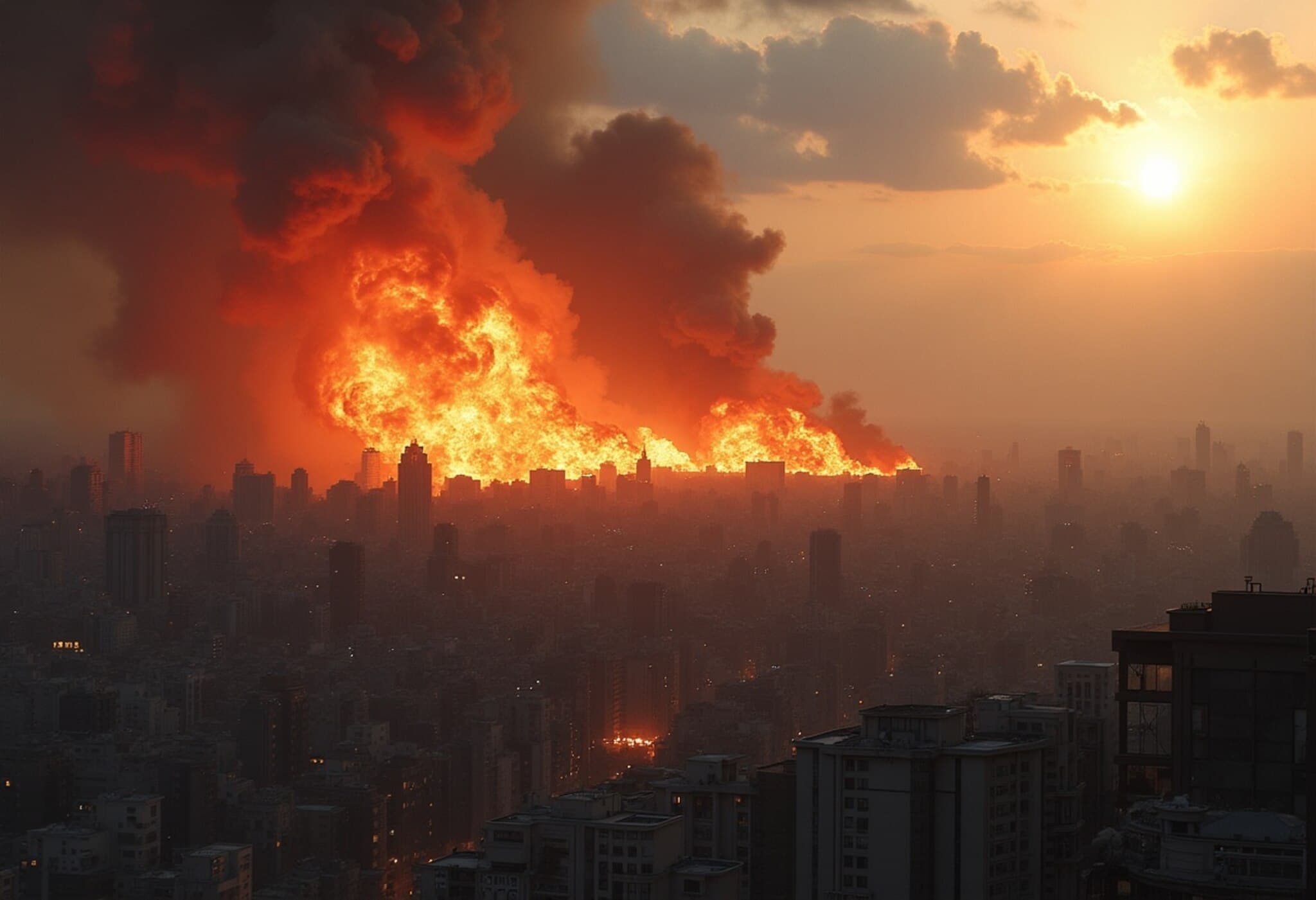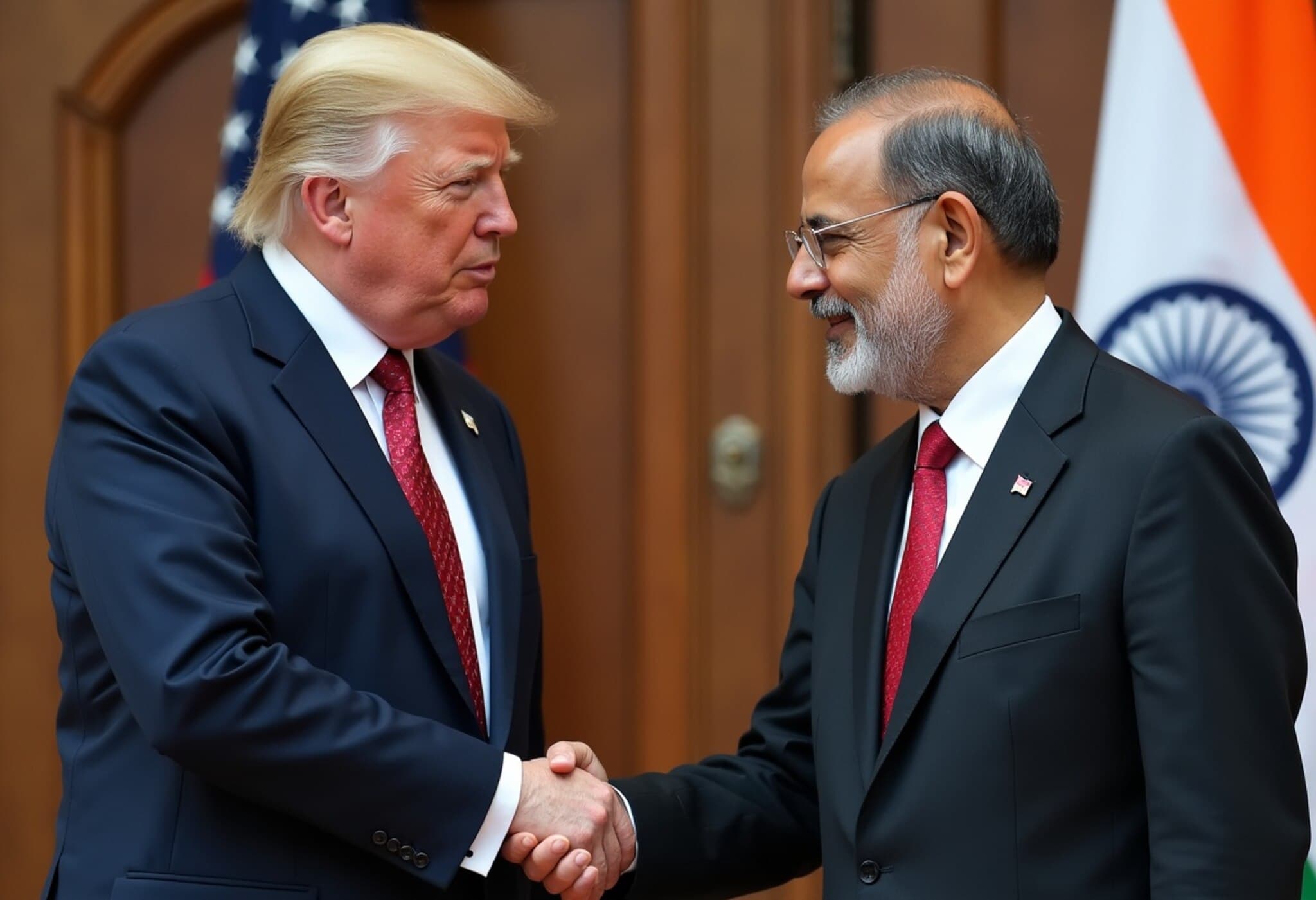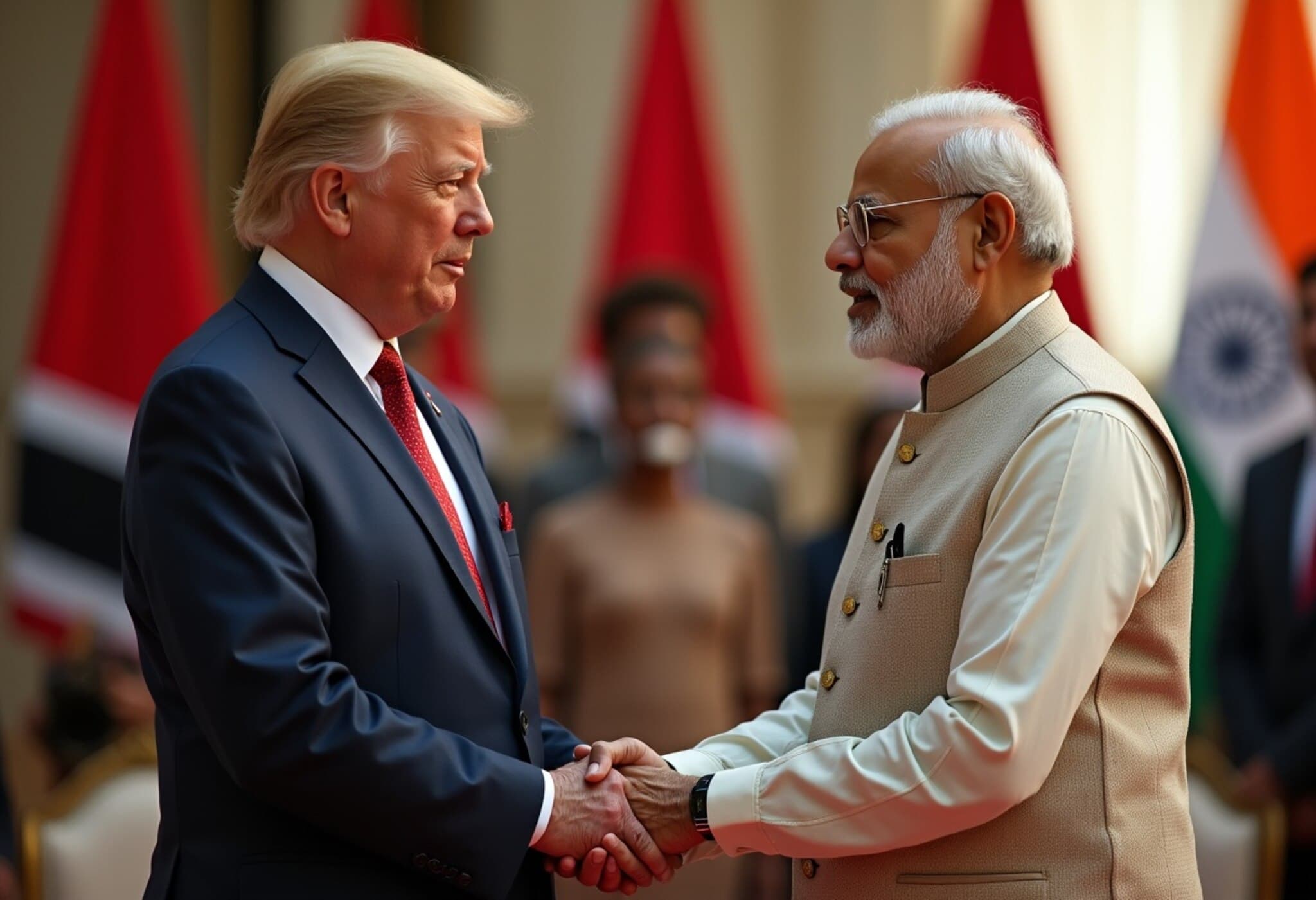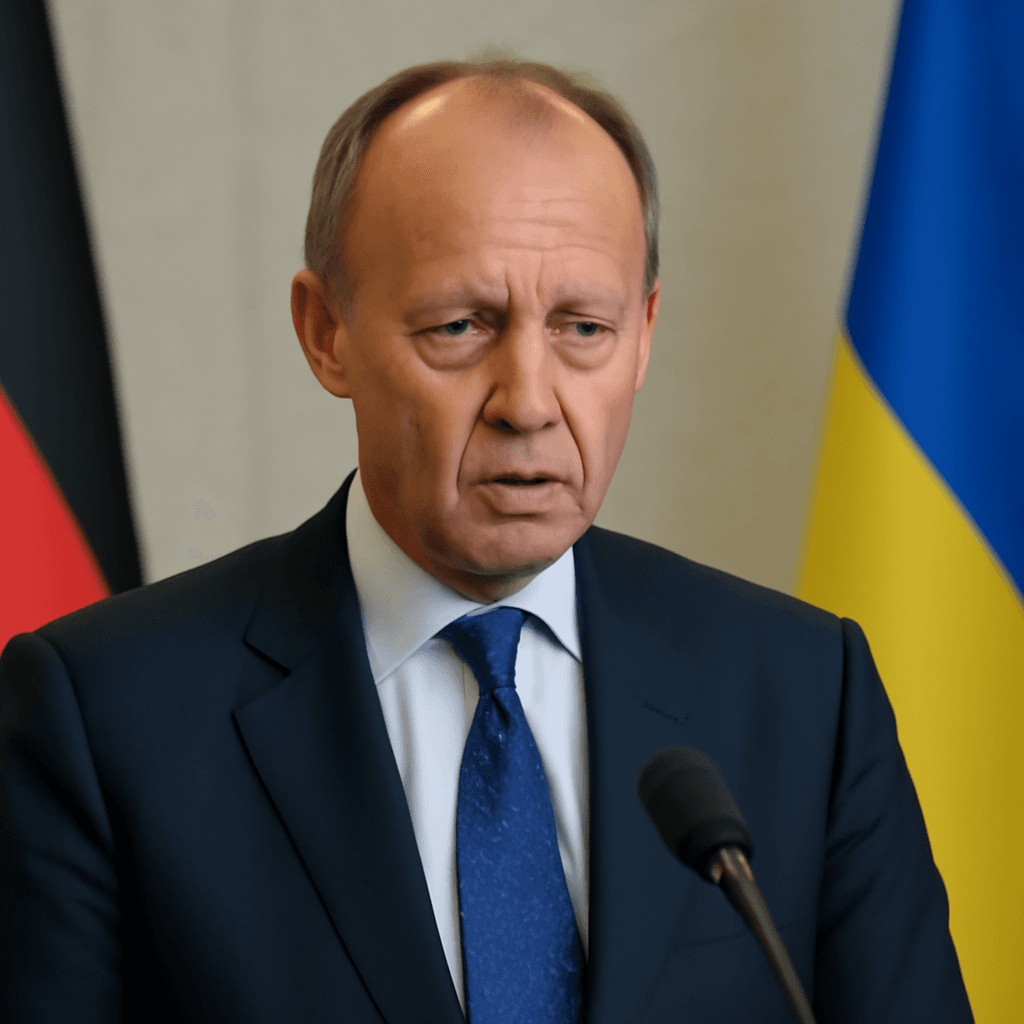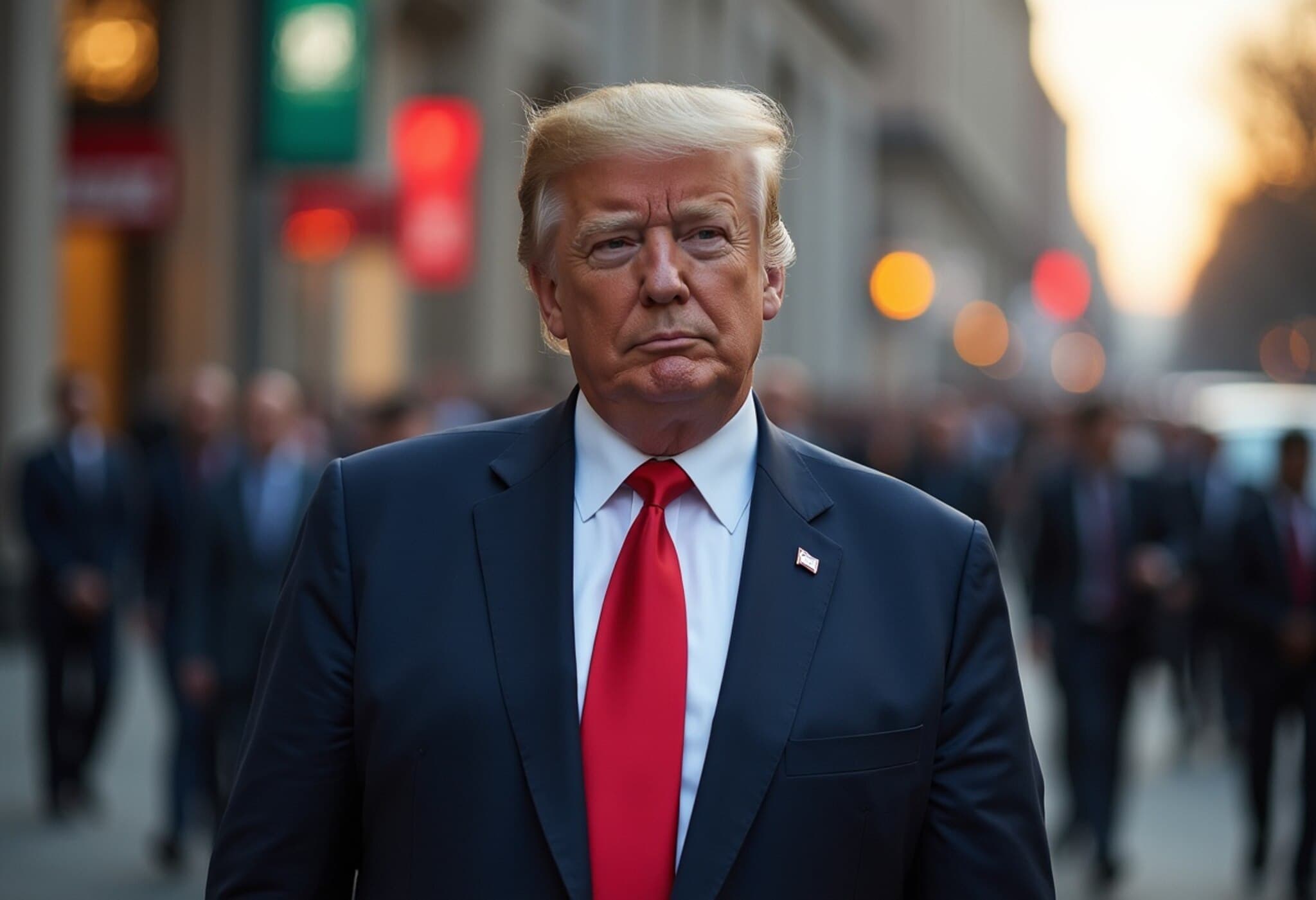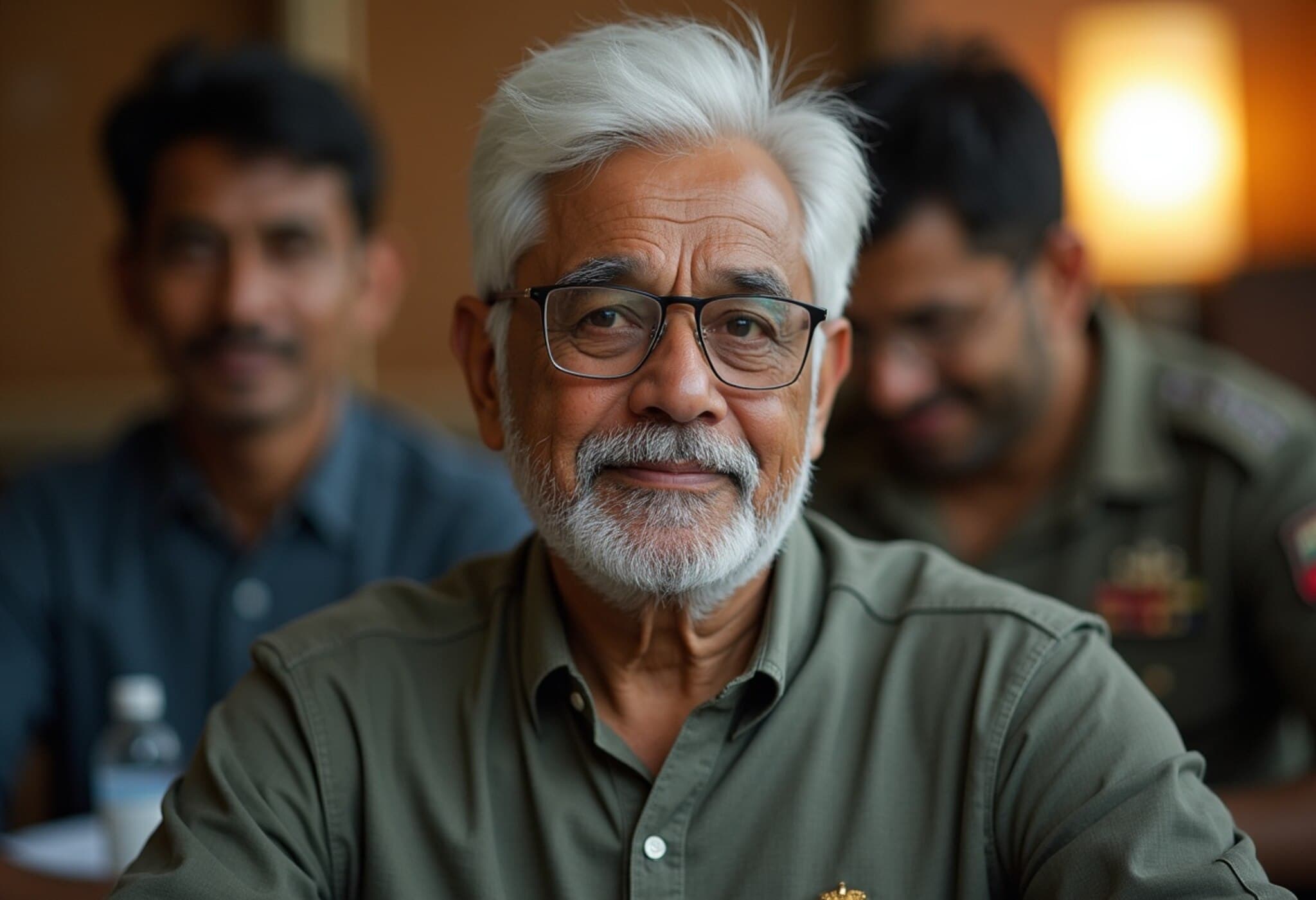Understanding a Multipolar World Through the Lens of Chess
Speaking at the GMF Brussels Forum 2025, India's External Affairs Minister S Jaishankar offered a compelling analogy for navigating the complexities of today's global landscape. Comparing the multipolar world to a game of chess, he underscored the importance of anticipating diverse moves and motivations if nations want to thrive in a world shaped by multiple centers of power.
Reflections on Europe’s Evolving Stance
Jaishankar revisited a 2022 remark he made, in which he critiqued Europe's mindset—suggesting Europe often views its own challenges as the world's problems, while overlooking the broader impact of global crises on other regions. He clarified that over the past three years, Europe's perspective has notably shifted.
"The challenges of a multipolar system demand a greater awareness of your own strengths and weaknesses, as well as those of others," Jaishankar explained. "Europe is learning to balance self-reliance with empathy—putting itself in others' shoes, which isn't always easy."
Empathy and Understanding: The Russia-Europe Dynamic
Addressing the ongoing conflict involving Russia and Ukraine, Jaishankar reflected on Europe's response and perception. While careful not to justify any actions, he suggested that Europe lacked a deep understanding of Russia's perspective and historical narrative.
"The narrative Russia holds about Europe's evolution after its consolidation in 1992 is quite stark and different from Europe's own view," he said. "Understanding these contrasting viewpoints is crucial for any country engaged in international relations."
Voicing the Concerns of Asia, Africa, and Latin America
Jaishankar emphasized that his earlier comment aimed to remind Europe to consider the broader global south when making decisions, especially as countries in Asia, Africa, and Latin America continue to grapple with rising energy costs, food shortages, and fertilizer price hikes.
"The message was simple: when Europe charts its course, it should spare a thought for those of us in the third world, who are also bearing the brunt of global upheavals," he remarked.
Multipolar Realism and Strategic Foresight
Looking forward, Jaishankar portrayed international diplomacy as an increasingly intricate chessboard, where nations must not only protect their own interests but also anticipate and understand others’ strategies.
"In this multipolar arena, it's about being smart and realistic," he noted. "You must see several moves ahead and understand the minds of fellow players. That’s the essence of surviving and succeeding today."
Final Thoughts
Jaishankar’s reflections serve as a timely reminder of the nuanced, multi-layered diplomacy required in an era marked by complex global power dynamics. His call for empathy, realism, and strategic thinking resonates deeply as the world adapts to shifting alliances and emerging challenges.


